What Are Culinary Ethics?
The right culinary school offers more than just cooking skills; it also includes training in restaurant ethics. But, of course, if you’re talking about the legal or medical profession, ethics are prominent—and all professionals are trained to handle them.
From client confidentiality to doing no harm, your responsibilities tend to be clear. However, in a restaurant setting, ethics and business sense blur the lines a little.
Of course, you want to put out the best food possible, but what does this entail? And what do you have to sacrifice to do it?
Although each restaurant or company will have its ideas about what kitchen ethics are, here are a few industry standards you can expect to encounter along the way:
Tap into local resources
Yes, it may be cheaper to order wholesale ingredients from a large manufacturer or a company offering a significant discount. However, by contributing to the success of local farmers and focusing on fresh ingredients in your area, you can sustain the local economy and create a product that is appealing to healthy and eco-savvy consumers.
Food Waste
Another important aspect of culinary ethics in professional kitchens is food waste reduction. In the United States, an estimated 40% of food is wasted, and much of this waste occurs in professional kitchens. By implementing strategies such as careful menu planning, using all edible parts of ingredients, and composting, chefs can help reduce food waste and support a more sustainable food system.
Treatment of Employees
Another critical issue in culinary ethics is the treatment of workers in professional kitchens. Many kitchen workers face low wages, long hours, and poor working conditions, and chefs and restaurant owners must ensure that their employees are treated fairly and with respect.
By implementing fair labor practices and supporting workers’ rights, professional kitchens can play a role in improving conditions for food industry workers.
Obey all food safety and sanitation laws
The ten-second rule shouldn’t exist in your kitchen, and it’s never okay to endanger your patrons with unsafe food or food storage. Not only are there legal ramifications to bad sanitation practices, but they can also impact quality and your image.
Create consistent portion sizes
It’s never a great idea to cut corners where foot portions are concerned. While you might theoretically be able to save money and reach your quotas faster if you put 14-ounce steaks out instead of the 16-ounce ones that are advertised, it’s rarely a good idea. Your customers expect what they’ve been promised—and it’s good for your reputation to exceed those expectations, not skimp on them.
Don’t be afraid to waste (time, money, or food)
A quality product is your fastest path to cooking success. So if a dish isn’t suitable, it may be best to throw it out rather than serve something substandard.
Personal responsibility is key
Whether you’re the restaurant manager or fresh out of culinary school and working up the ranks, you share in the successes and failures of the restaurant. To this end, it is your job to maintain company standards and ensure that you are always doing your best.
Don’t make it personal
While personal responsibility is good, making the food about anything other than the food is not. If a customer complains or a dish comes back several times for minor complaints, it’s essential to keep your head up and try not to take it as a personal insult. Your food—no matter how good—will never please everyone, and you can only do your best every time.
Another Viewpoint on Culinary Ethics
Culinary ethics is also a growing concern in the food industry as more and more people become aware of their food choices impact on the environment, animals, and other people. Let’s explore another example of culinary ethics, why it matters, and some of the key issues in the field.
At its core, culinary ethics is about making moral and ethical decisions when it comes to food. This can include everything from choosing ingredients that are sustainably sourced and humanely raised to reducing food waste and supporting fair labor practices in the food industry.
Environment
One of the main reasons culinary ethics matters is the impact our food choices have on the environment. How we produce, transport, and consume food significantly impacts the earth’s resources, including water, land, and air.
For example, factory farming, the dominant animal agriculture method, uses vast amounts of water and land, generating significant greenhouse gas emissions. By choosing to eat more plant-based foods and supporting humane and sustainable animal agriculture, we can help reduce the environmental impact of our food choices.
Animal Welfare
Another important aspect of culinary ethics is the treatment of animals. Many people are increasingly concerned about the welfare of animals used for food and are looking for ways to support humane and sustainable animal agriculture.
Many chefs are looking for ways to support humane and sustainable animal agriculture and are using various techniques. For example, some chefs use whole-animal butchery, which involves using all parts of an animal to reduce waste, and others work with small and local farms that use ethical practices. By prioritizing animal welfare in their menus, chefs can help support more humane and sustainable food systems.
This can include choosing foods that are certified humane, supporting small and local farms that use ethical practices, and reducing our overall consumption of animal products.
In addition to the environmental and animal welfare concerns, there are also important issues related to labor in the food industry. Many workers in the industry, including those who work on farms and in restaurants, face low wages, long hours, and poor working conditions. By supporting businesses that prioritize fair labor practices and workers’ rights, we can help improve conditions for these workers.
Overall, culinary ethics is a complex and multifaceted issue involving many moral and ethical considerations. However, by being mindful of our food choices and supporting sustainable, humane, and fair practices in the food industry, we can create a more ethical and sustainable food system.
When you attend a top culinary institution in the United States, you can expect all kinds of different learning experiences. From knife skills and soups to restaurant management, you will learn the ins and outs of becoming a cook for the modern restaurant industry.
One of the most important lessons is how to work well in the kitchen: with your coworkers, your staff, your boss, your vendors, and even the customers. Whether it is part of your culinary school curriculum or not, ethics in the kitchen is a large part of being a successful chef.






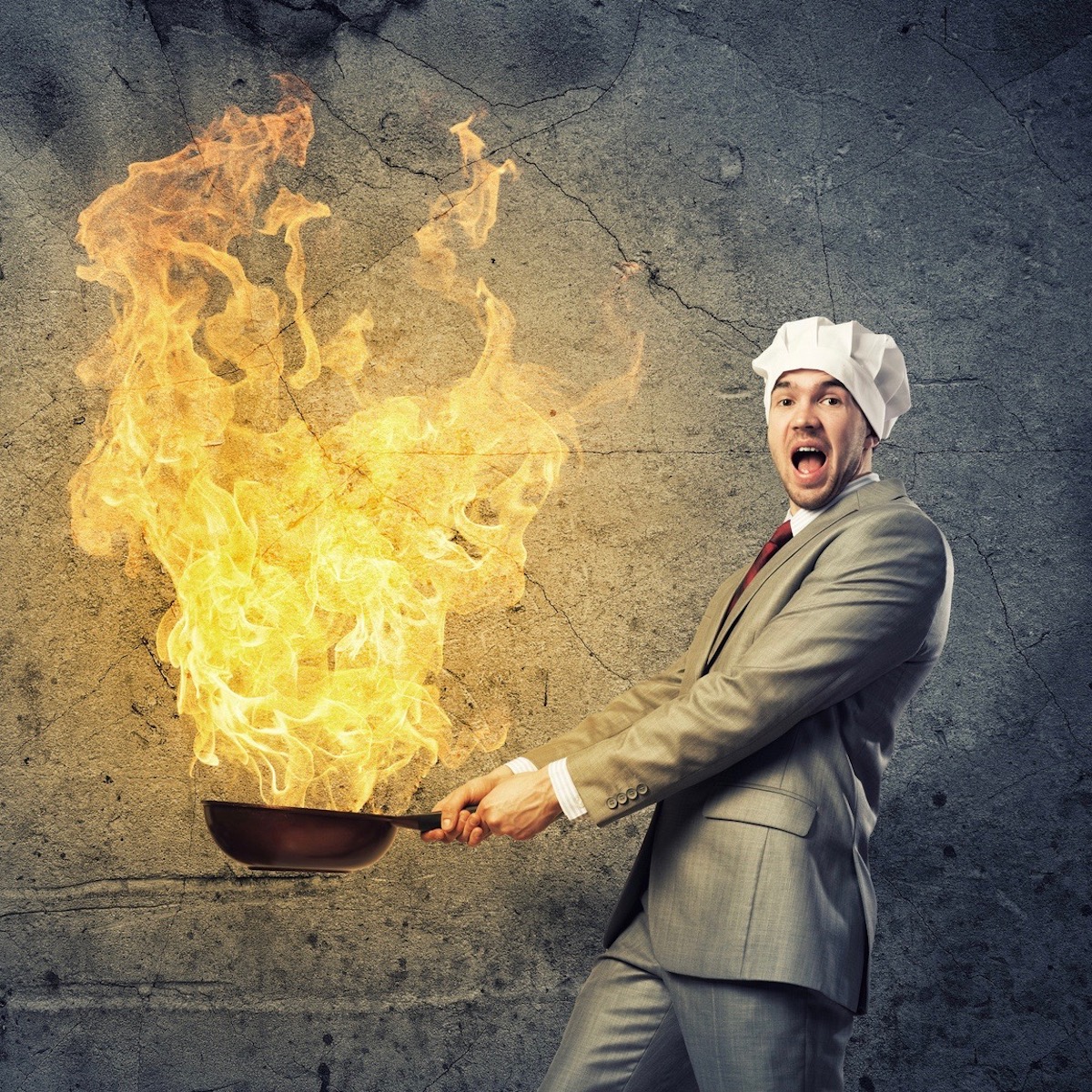
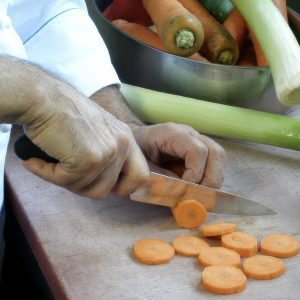

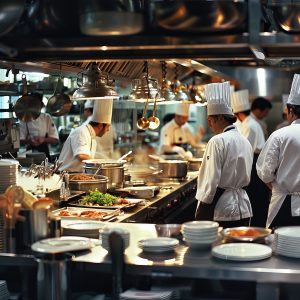
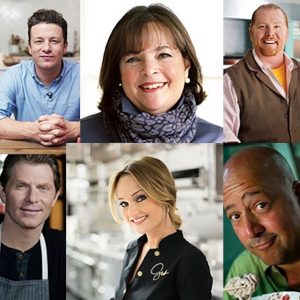
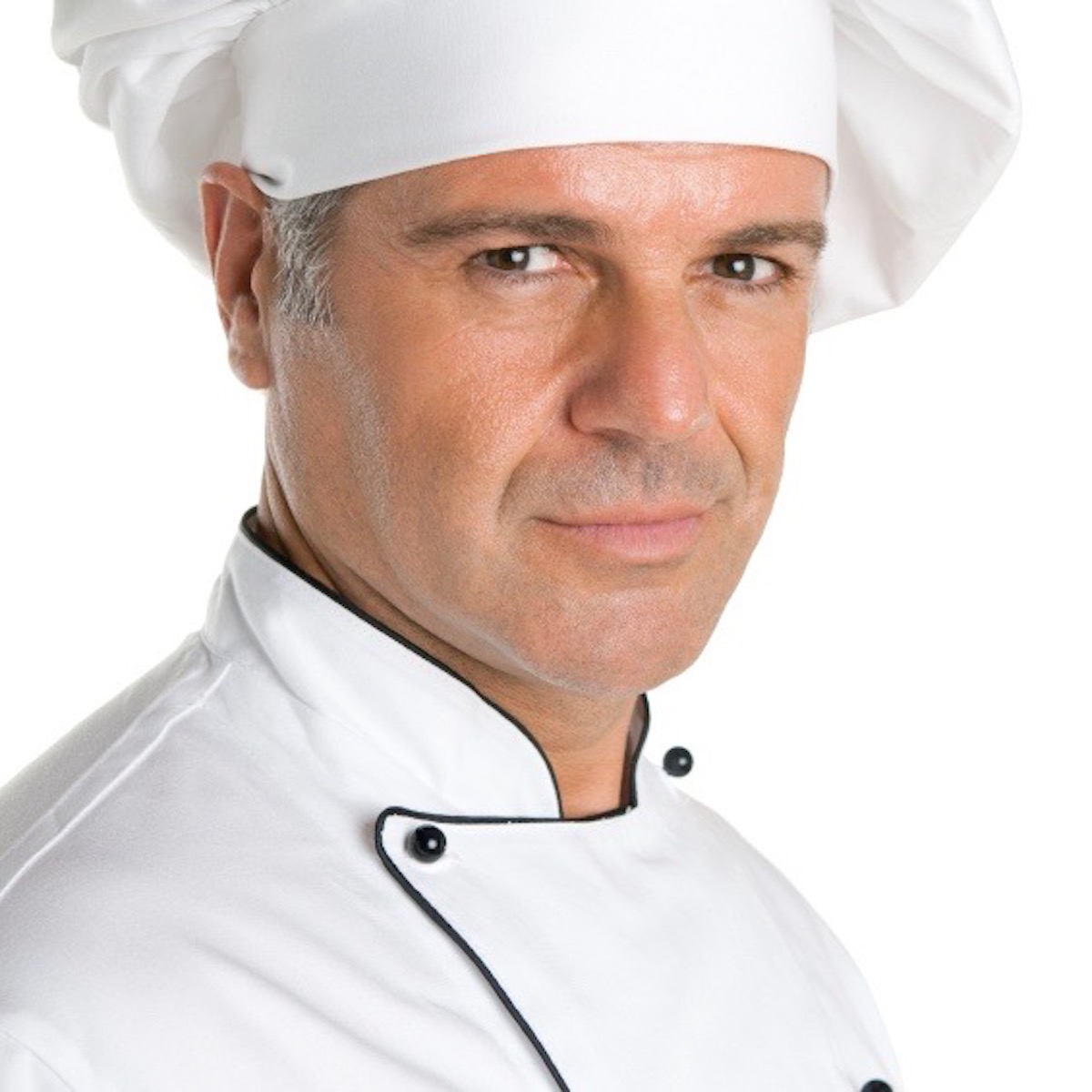



2 Responses
its awesome, very beneficial to chefs.
this so cool will not go ever again